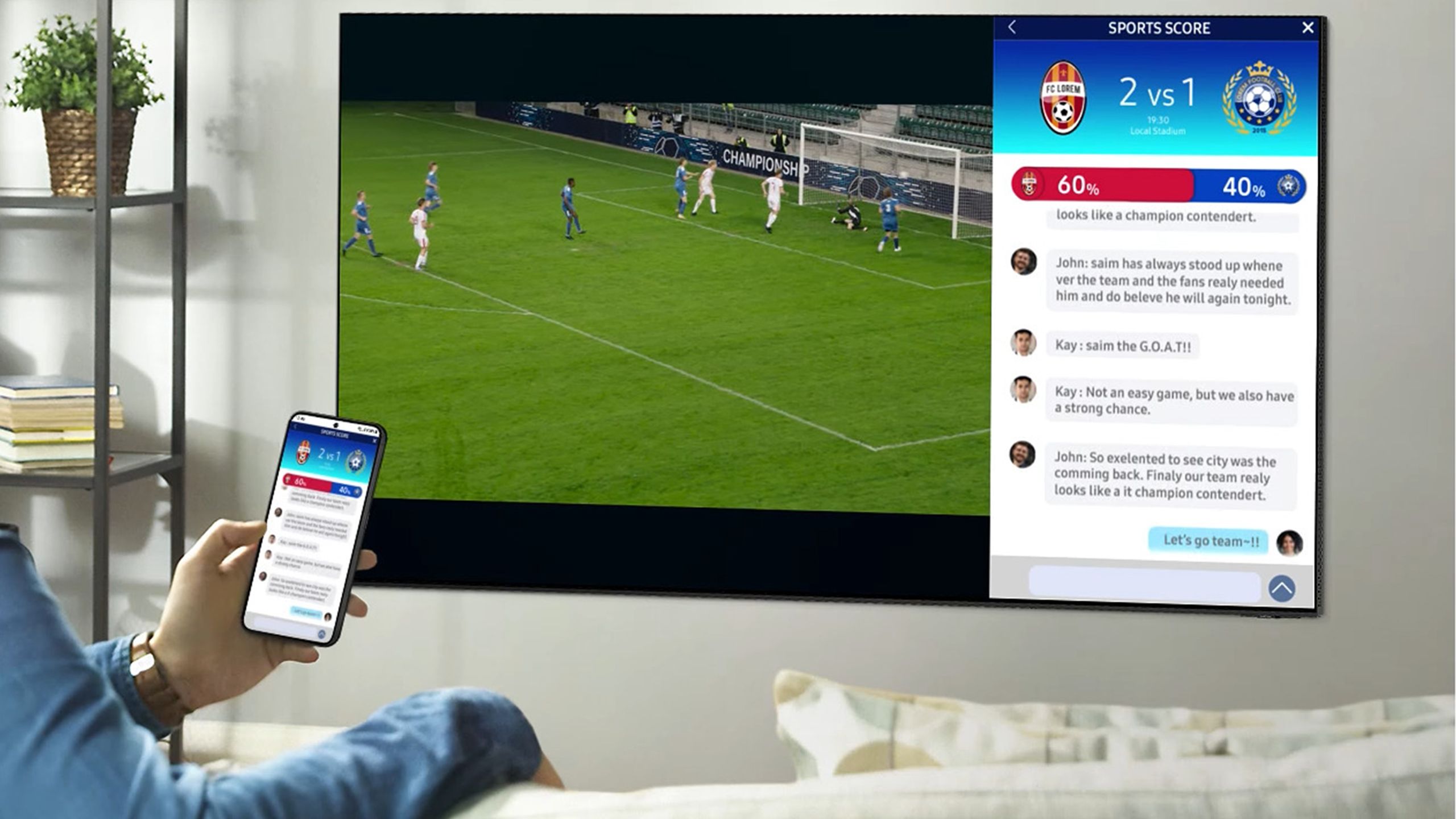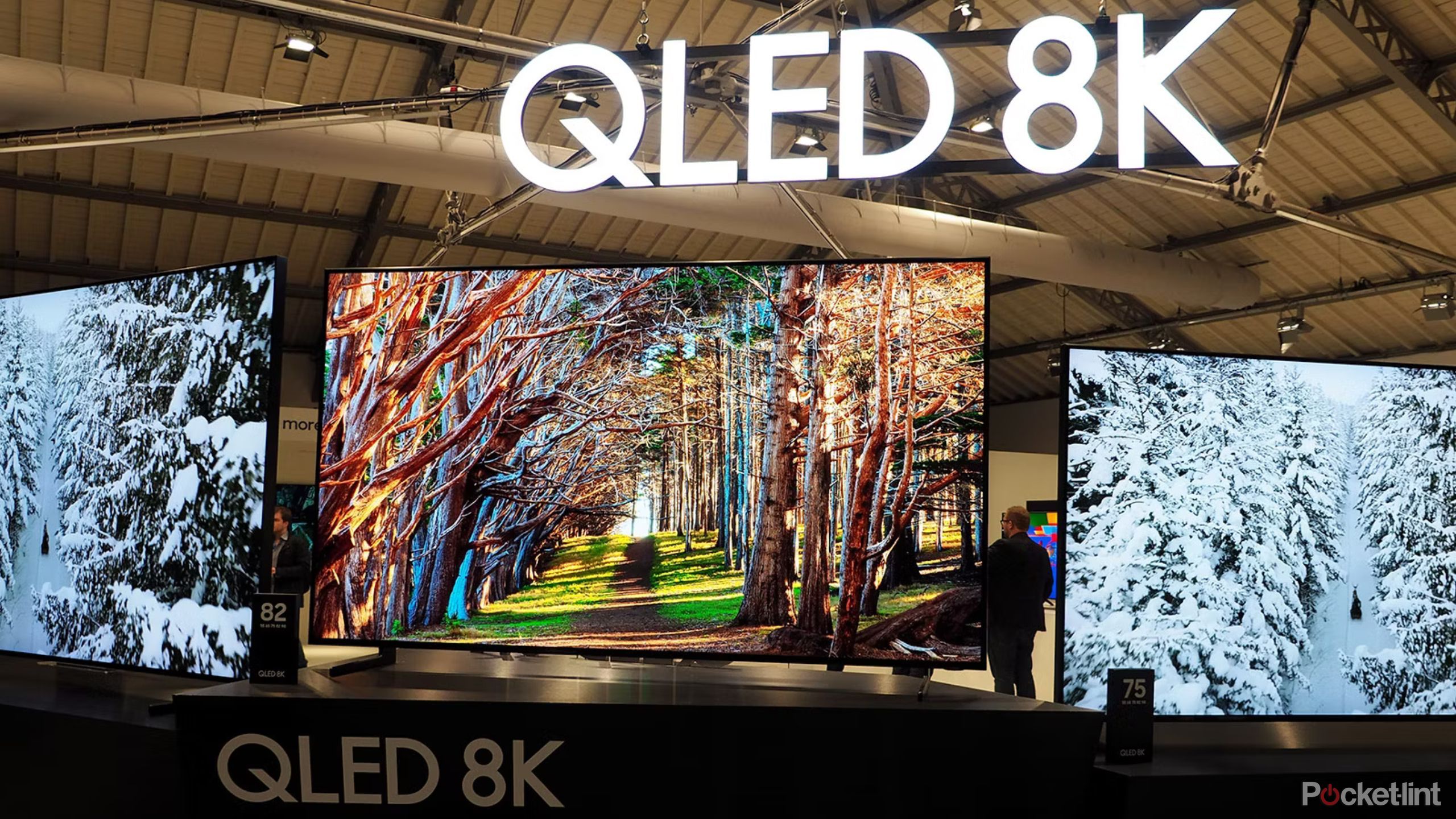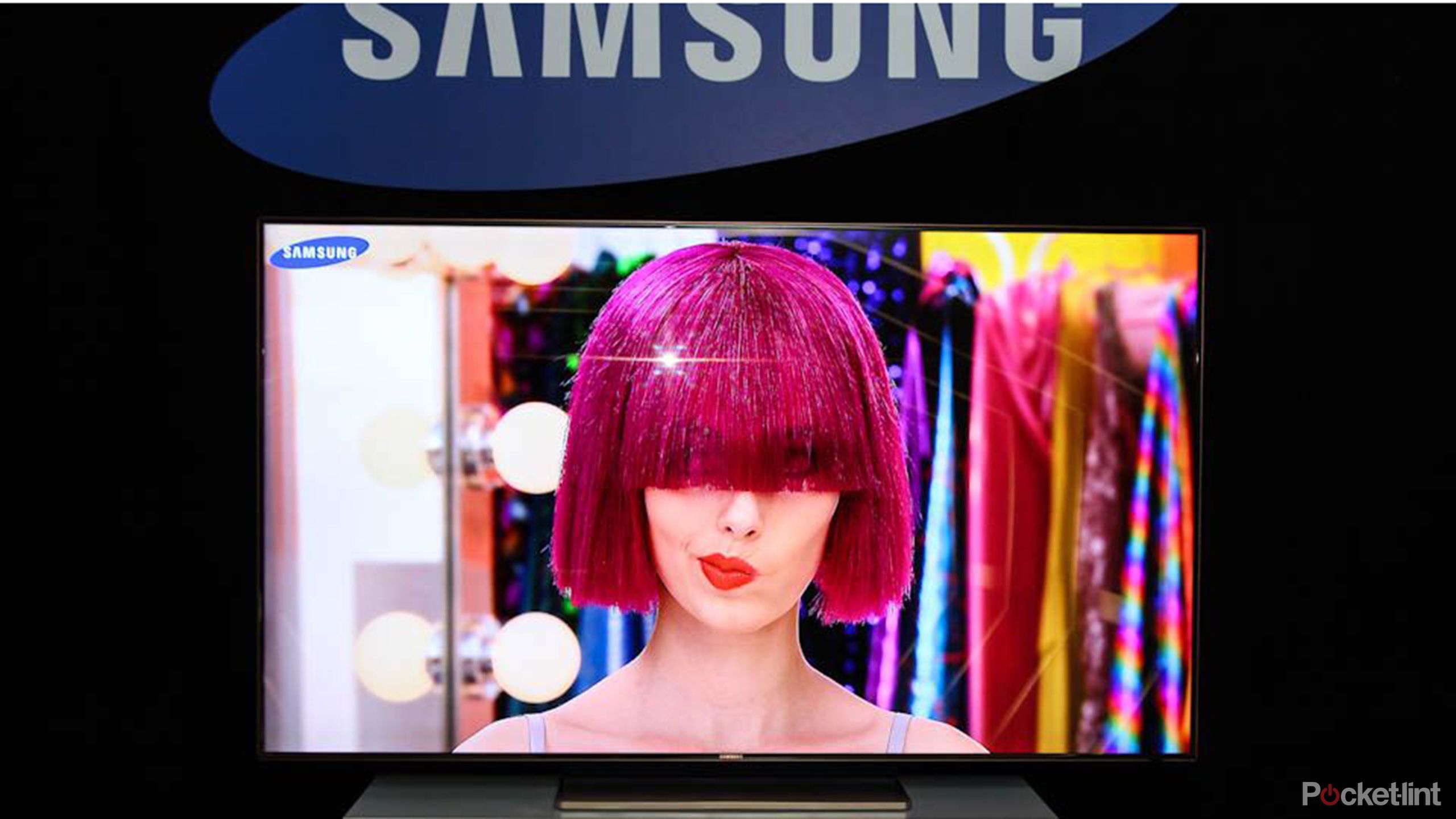Key Takeaways
- Samsung TVs offer integration with Samsung devices for convenience and efficiency.
- SmartThings hub provides home control and TV calibration for better viewing experiences.
- Samsung excels in designing lifestyle TVs, offers 8K models at more affordable prices, and provides bright screens.
Among the top TV manufacturers are LG and Samsung, a pair of Korean electronics behemoths that are constantly innovating and advancing technology — and sometimes borrowing from the other. They are both vying for your brand loyalty with the hope that your TV operates as the center of your home entertainment system.
5 reasons to buy a Samsung TV over a Sony TV
An emphasis on brightness and beauty has me leaning Samsung.
When it comes to Samsung and LG in particular, there may be more similarities than differences, with both looking to keep an eye on the other. Samsung for some time refused to make OLED screens that LG was championing; it eventually gave in. LG, meanwhile, offers screen panels with quantum dots, a technology that Samsung led the charge on. The key discrepancies are subtle, and a decision between the two likely comes down to your lifestyle and entertainment consumption habits.
Here are the reasons that will sway you towards a Samsung TV over and LG model.
1 You own Samsung devices
Integration creates convenience
If you already have a Samsung product, namely a smartphone, you’re going to find a lot of conveniences by investing in a Samsung TV. Most models allow you to cast content from your phone, with newer units allowing you to split the screen and watch content from both the phone and the TV. The same concepts apply if you have a Samsung tablet. Multi-view may not be a huge boon, but it does offer some perks. Instead of splitting your vision between the TV and your phone, you can send the latter’s screen to the former and keep your eyes on one screen.
Some Samsung TVs also integrate easily with Galaxy Buds. 360 Audio is a feature on select TVs that creates an immersive sound experience using your earbuds. Not only do you get to enjoy a private listening party, but the feature detects your own head movement, so that when you turn to the side, for example, the audio moves with you.
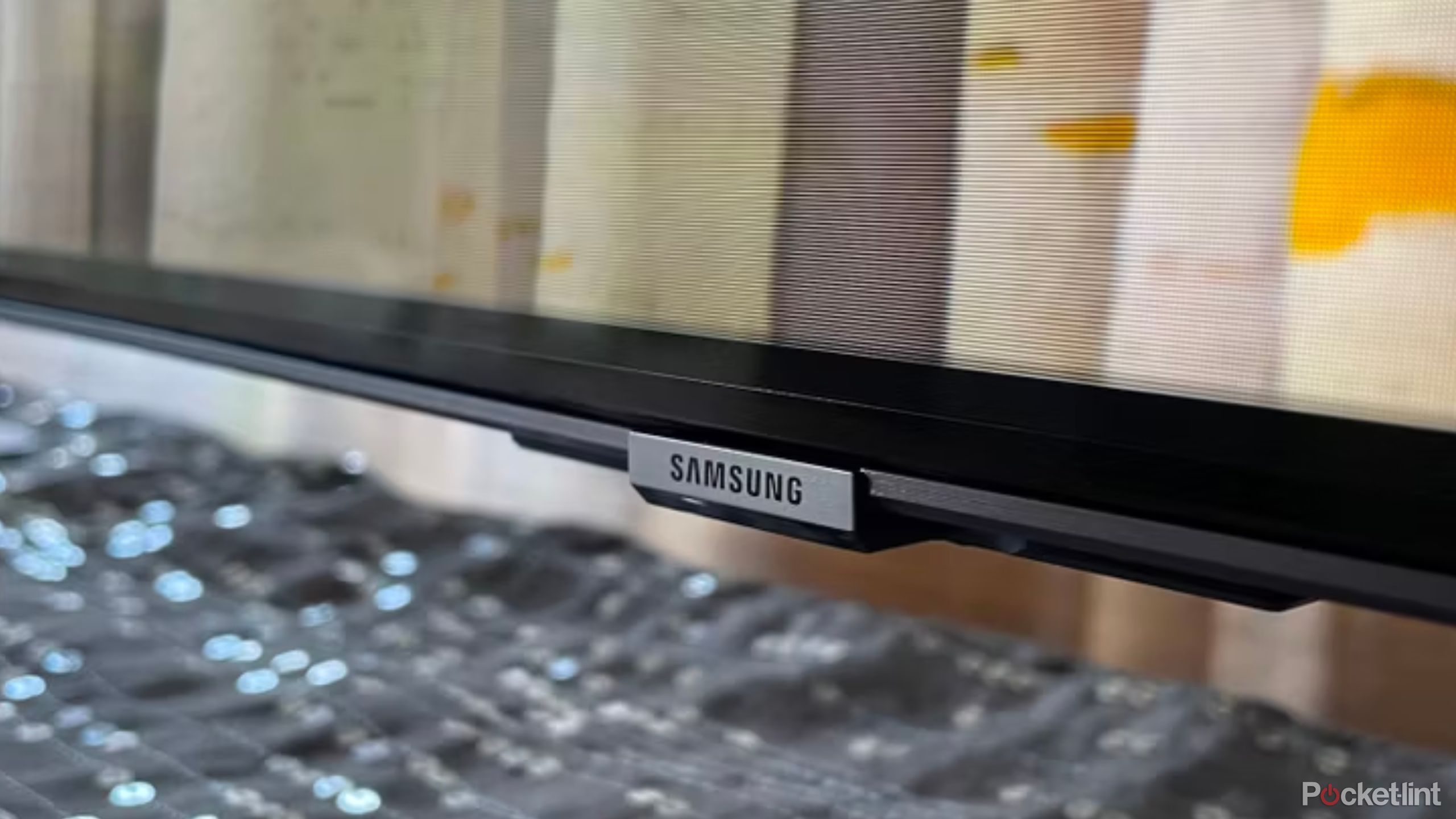
7 features every Samsung TV owner should try
Samsung TVs offer convenience, efficiency, and even a bit of luxury at your fingertips.
Once you invest in the TV, then you’ll want a matching soundbar. At least that’s what Samsung is hoping for. It offers two- or three-channel soundbars that come with either a built-in or external woofer. From there, you can expand to include rear speakers or side speakers to create a surround sound system that feels like you’re at the theater. Samsung also sells TVs and soundbars that specifically work together to enhance sound by using speakers on both devices for spatial audio.
2 SmartThings hub provides convenience
Control your home from the TV
Samsung
Samsung’s SmartThing hub serves as the company’s interconnected interface, allowing you to control your home directly from your TV, provided you have compatible devices. Certain air conditioners, light fixtures, washers, dryers, and even refrigerators can connect to SmartThings and be accessed via your TV. This allows you to not only turn appliances and other devices on and off, but also monitor usage and efficiency.
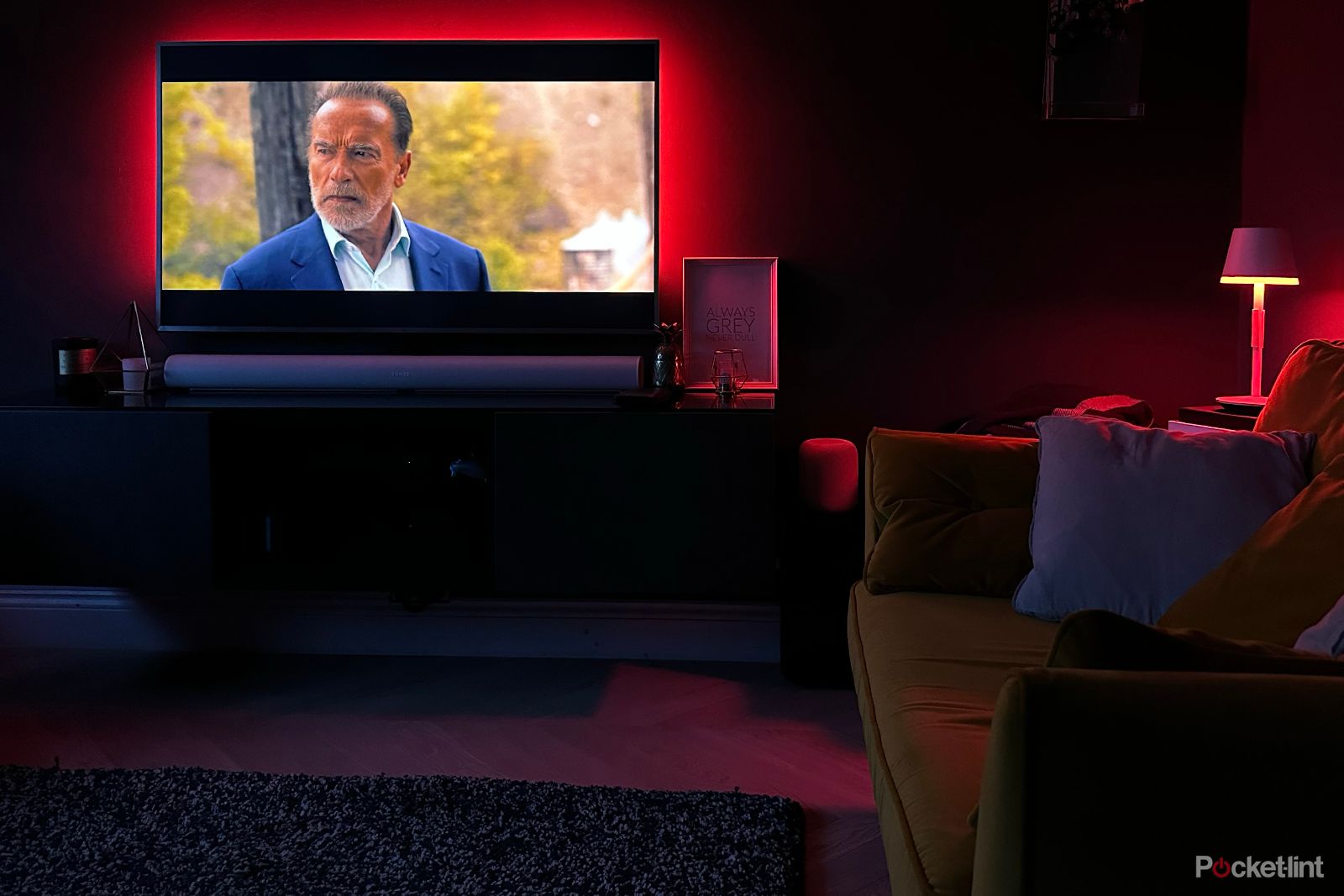
Samsung’s SmartThings hub will now include Philips Hue
The expanded partnership aims to create a more immersive TV-centric experience.
The SmartThings hub also allows you to calibrate your TV settings in order to reproduce content as it was meant to be seen, with faithful color, contrast, and brightness. You can opt to go the quick route with an easy setup, or take some more time and direction for an involved calibration process. Either way, your TV will end up with improved settings to adhere to industry standards and better present content on your screen, especially films and TV shows made with a critical and creative lens.
A recent deal with Philips Hue also allows SmartThings to control your compatible smart lighting systems, including setting up lights to sync with the audio coming from the TV.
3 You want a unique looking TV
Bright, built for concept designs, and of course, it has the Frame
Samsung is the leader in creating and designing so-called lifestyle TVs, which champion the look and aesthetic of the unit as much as the technology within. While other brands are following suit, including LG, Samsung’s collection of lifestyle TVs is more diverse, with more options to fit your specific home decor and viewing needs.
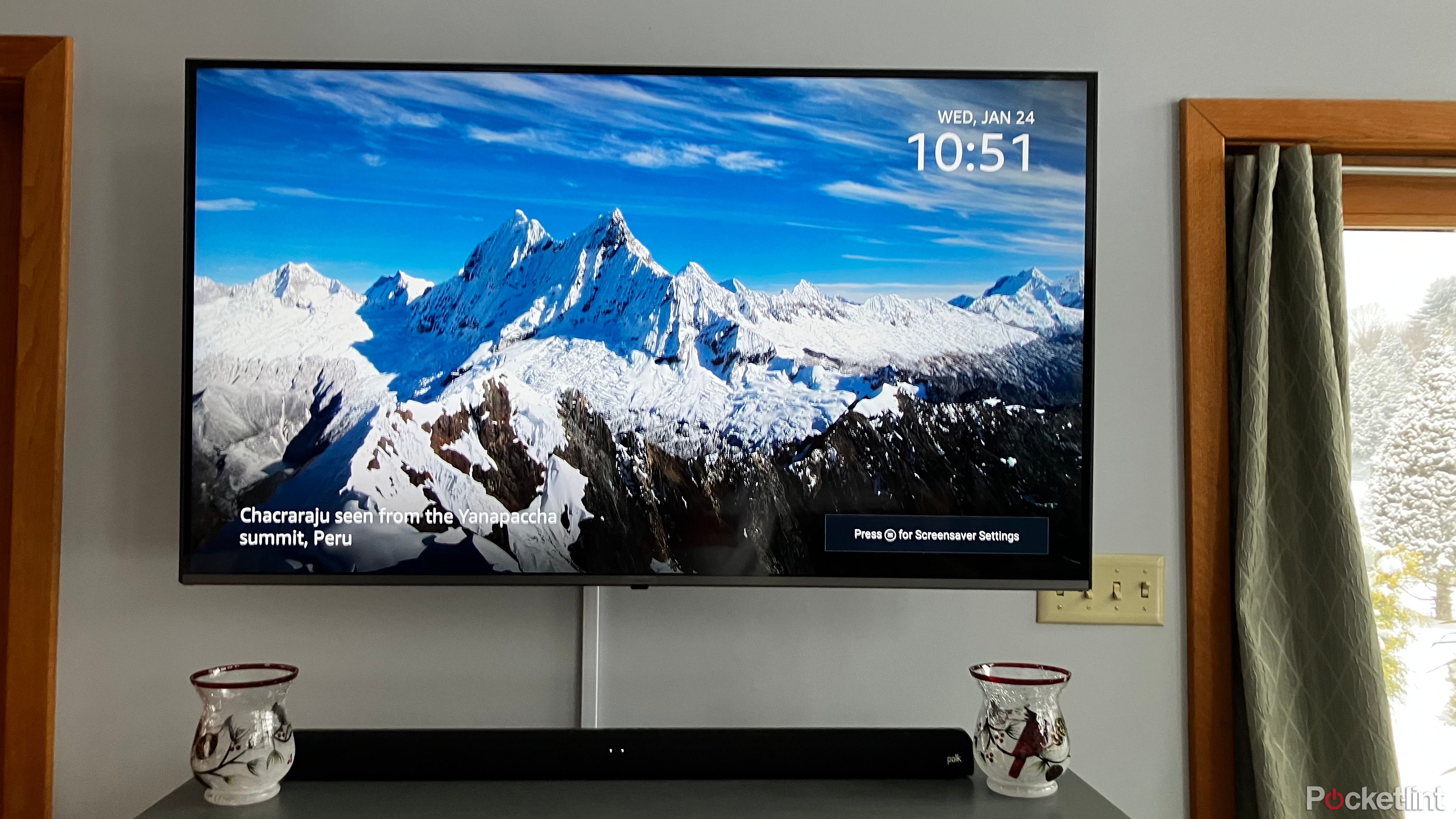
5 signs it’s time to upgrade your TV
You might be noticing screen lags, your TV is 5 years or older, or there’s a discount too good to pass up.
Its Frame TV is one of the most iconic lifestyle models: its thin design sits flush against a wall, and with a vast art gallery at its disposal, users can select paintings and other works to display on the screen when not actually watching content.
Samsung also offers TVs designed for outside use. These account for brightness by reducing glare and also deal with some changes in the weather. It also sells a TV that comes with a unique stand built for open-concept spaces, forgoing a wall mount or a clunky TV stand.
4 You crave 8K detail
At a somewhat affordable price
While there still isn’t a great deal of content made in 8K resolution, that hasn’t stopped TV manufacturers from building and selling 8K TVs. These units upgrade the content you’re watching to enhance the resolution of whatever is on TV, and hope that creators will soon follow suit and make 8K the new standard.
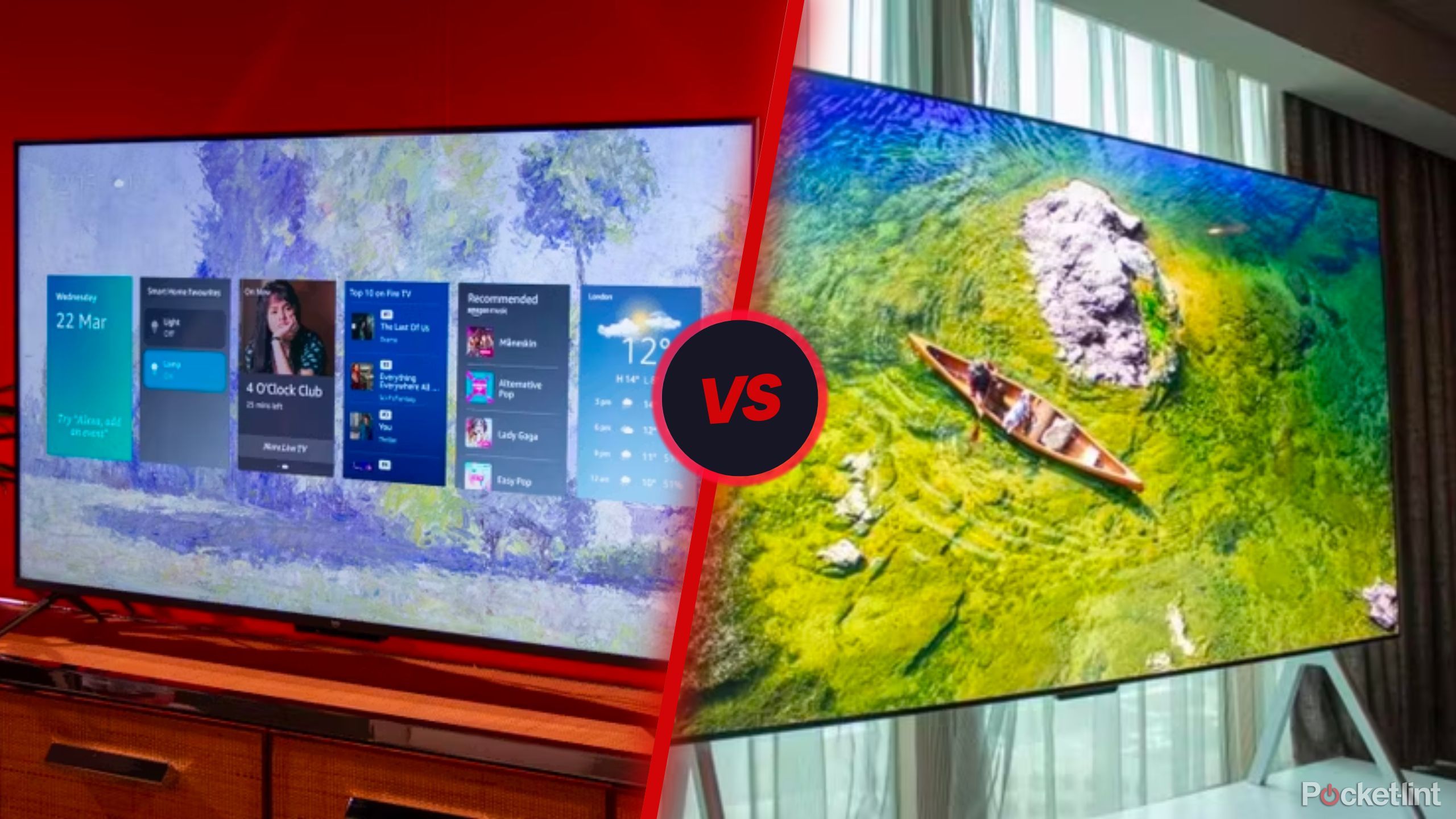
QLED vs OLED TVs: What’s the real difference and what does it even mean?
TV shopping is fun, but jargon heavy. We break down the differences between QLED and OLED technology, how they work, and which type is better for you.
These TVs come at a high price, but that price is much more significant for LG. If you’re ready for the 8K resolution, then Samsung is the best choice for now. Comparing prices between the two brands is tricky because it typically comes down to screen technology and size, with price dropping as newer models are made, but for 8K TVs, Samsung provides a significant difference in cost.
5 You crave brightness and color
TVs that make content pop
Not everyone cares a lot about recreating a theater-like environment at home or watching content exactly the way the filmmaker intended. While all TV brands are striving to bring the cinematic experience at home, Samsung’s competitors seem to be making more of an effort, or at least allow for more options. As a result, Samsung is a great choice for those who want (or simply need) a bright TV with eye-catching colors and a powerful screen. If you’re watching in a sunlit room, Samsung’s TVs tend to hold up very well, and QLED TVs will be preferable over OLED screens.
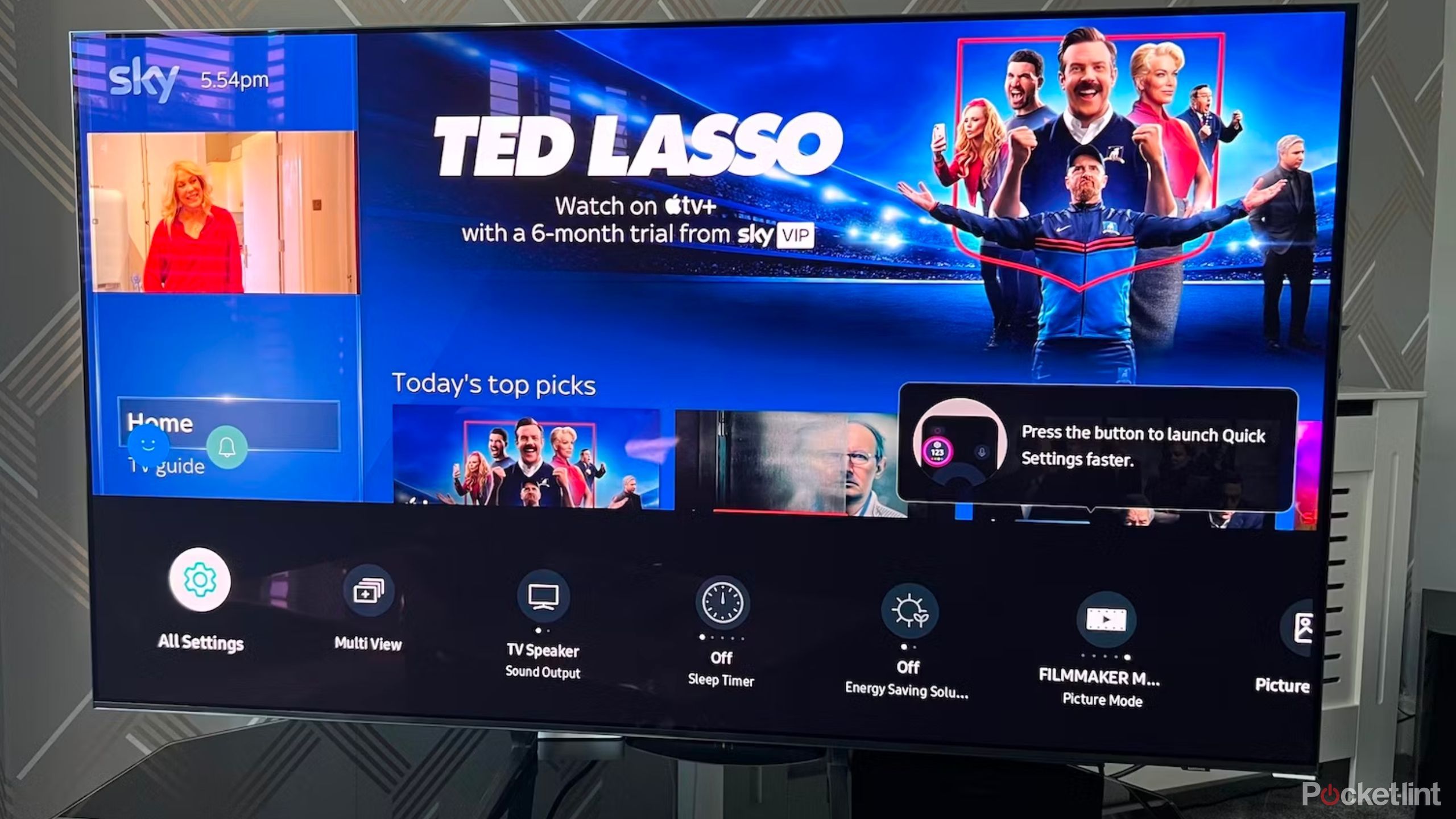
6 ways to make your TV seem brighter
TV is in its “dark era” — but in picture rather than content. As a cinephile, here’s how I tackle a hard-to-see screen.
Because Samsung doesn’t offer Dolby Vision on its models, refusing to pay for the technology, some film buffs and cinema purists may scoff at the company and opt for LG or Sony instead. For many, though, the omission won’t matter. If you’re a casual content consumer, then Samsung’s TVs are a worthy choice.
There is so much to like about both Samsung and LG, so picking a side can be a tough choice. Both offer similar technologies, so it’s important to consider both what you’re watching and how you like to watch it in order to make the best decision.
Trending Products

Cooler Master MasterBox Q300L Micro-ATX Tower with Magnetic Design Dust Filter, Transparent Acrylic Side Panel…

ASUS TUF Gaming GT301 ZAKU II Edition ATX mid-Tower Compact case with Tempered Glass Side Panel, Honeycomb Front Panel…

ASUS TUF Gaming GT501 Mid-Tower Computer Case for up to EATX Motherboards with USB 3.0 Front Panel Cases GT501/GRY/WITH…

be quiet! Pure Base 500DX Black, Mid Tower ATX case, ARGB, 3 pre-installed Pure Wings 2, BGW37, tempered glass window

ASUS ROG Strix Helios GX601 White Edition RGB Mid-Tower Computer Case for ATX/EATX Motherboards with tempered glass…



